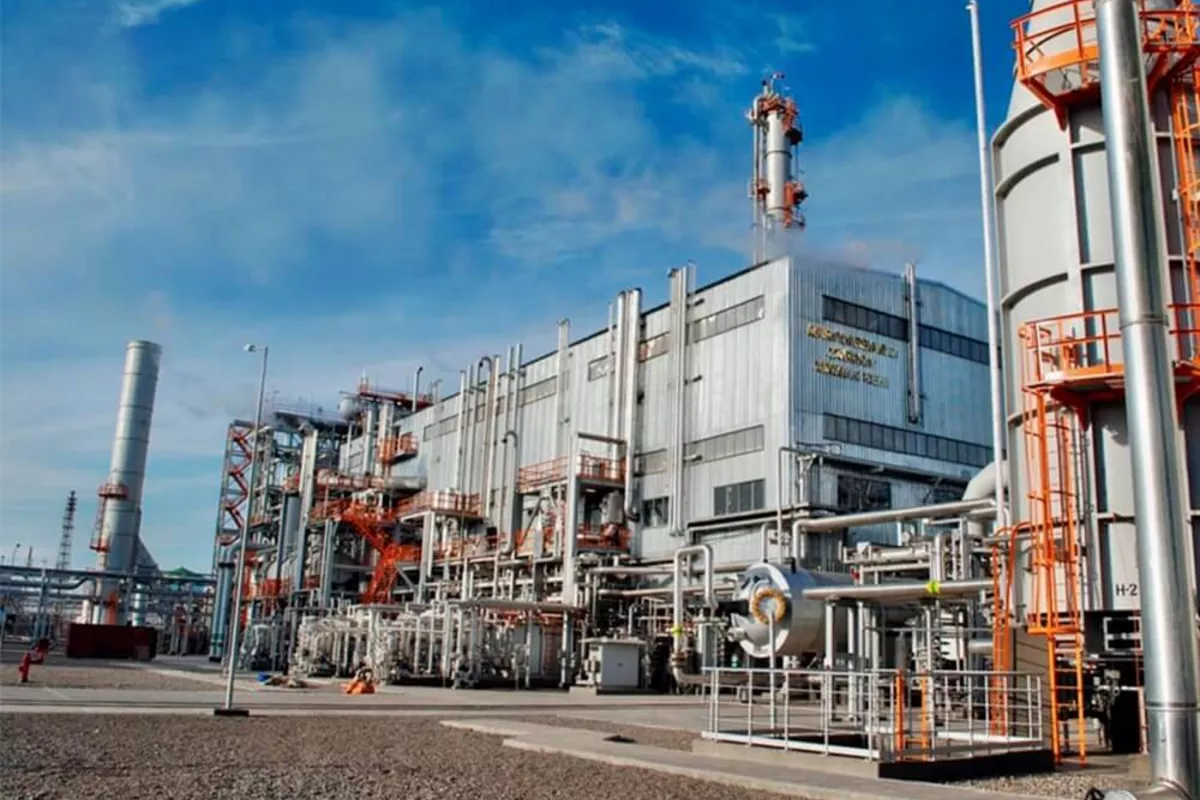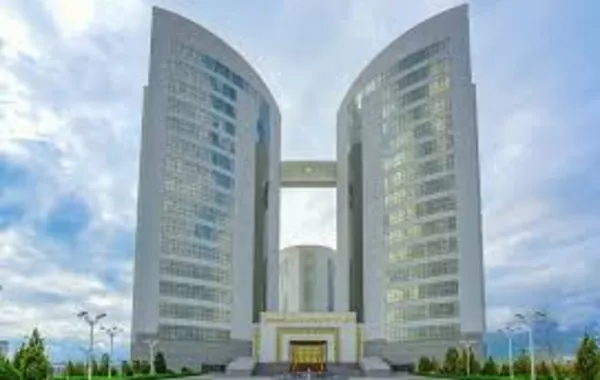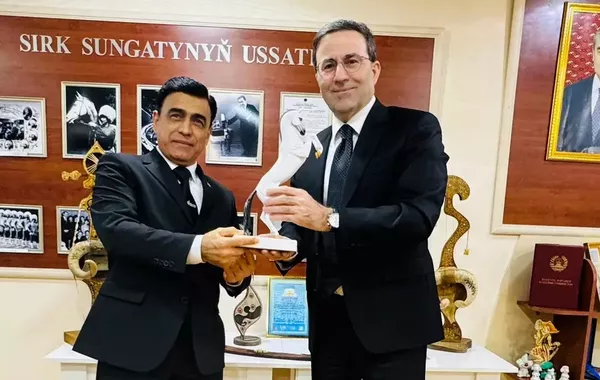
photo: Orient
Turkmenistan, ranking fifth in the world for its iodine reserves and production, is set to advance its chemical industry by shifting toward comprehensive processing of iodine-bromine waters to extract a wider range of valuable trace elements.
This strategic move was outlined during a recent high-level forum, “Science - A Path to Development,” hosted by the Institute of Chemistry under the Academy of Sciences of Turkmenistan, The Caspian Post reports, citing Turkmen media.
The event focused on promoting key domestic innovations and fostering collaboration with international partners.
Speaking at the event, Lyudmila Atamalova, a senior researcher at the Turkmen Laboratory of Chemistry and Technology of Hydromineral Raw Materials, emphasized the potential of newly identified deposits, particularly in Western Ekerem. These locations could enable the extraction of iodine, bromine, lithium, strontium, and mineral salts. She noted that the raw material requires purification from impurities, but Turkmenistan’s reserves are free of radioactive iodine, which adds to their safety and market appeal.
Currently, four iodine extraction plants operate in the country using the air-desorption method, though experts regard sublimation as the most advanced and efficient extraction technique, potentially setting a new technological benchmark.
A focal point of the discussion was the Bereket field, where the concentration of iodine in raw material reaches an exceptional 420 milliliters per liter-a figure considered unparalleled worldwide. Turkmenistan is already engaged in negotiations with international companies, including Chinese partners, to adopt next-generation technologies for processing hydromineral resources.
The forum also covered innovative recycling initiatives, including a project to convert licorice meal waste into organic fertilizers. This process utilizes glycyrrhizic acid byproducts from the Bereket plant. Joint research with Uzbek scientists has been underway since late 2024, and patent registration of the technology is in progress. Experts believe this initiative will boost soil fertility while significantly reducing environmental impact.
Share on social media

